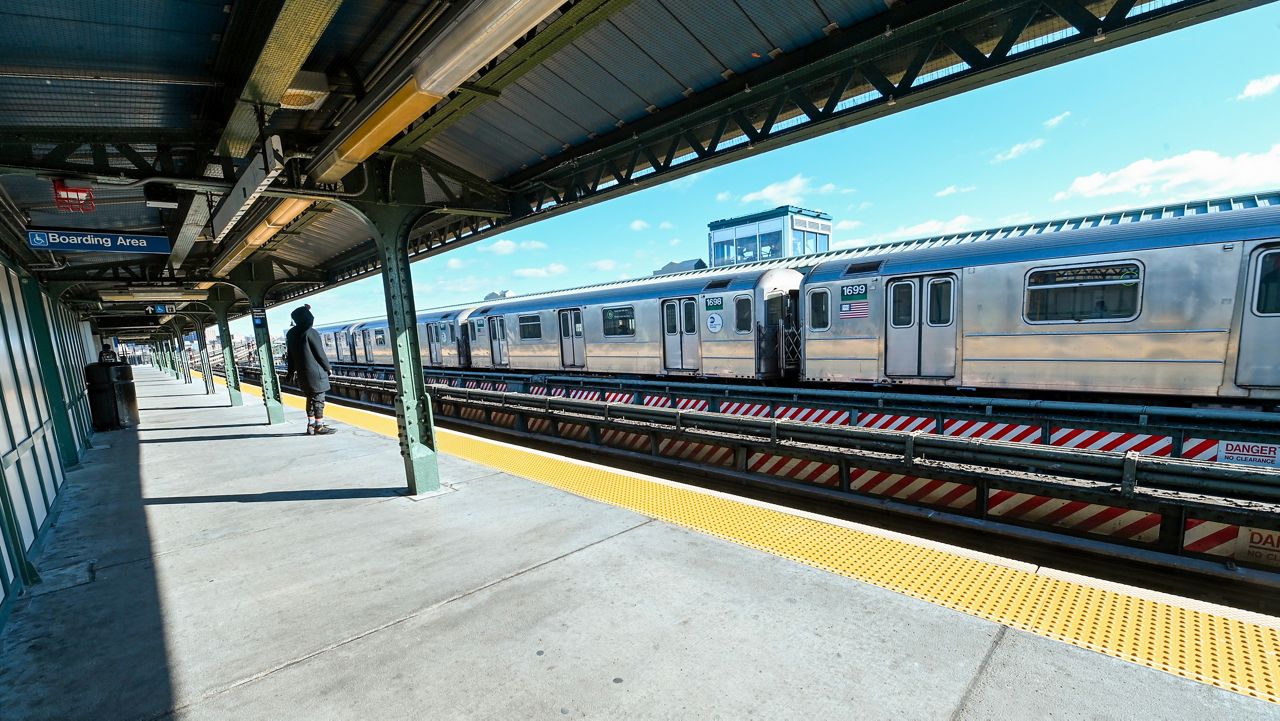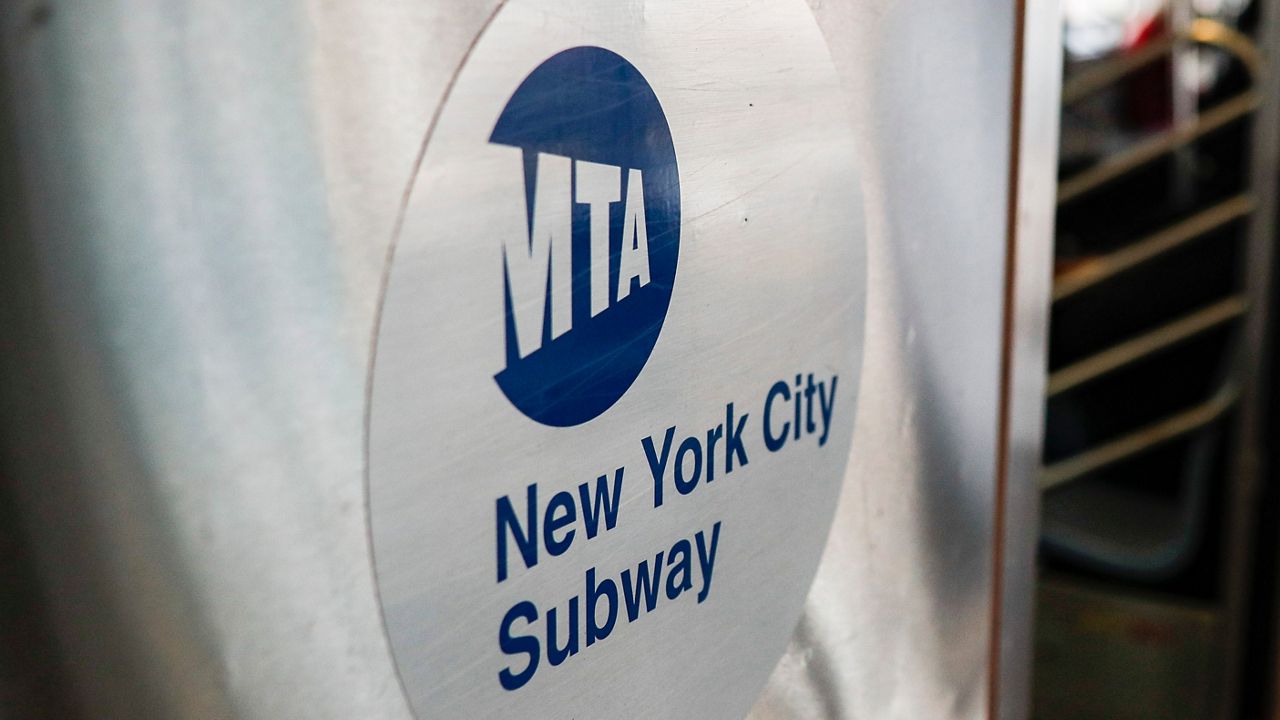The leadership of the Transport Workers Union (TWU) formally approved a new labor contract for its nearly 37,000 members at the MTA after months of often tense talks.
"It's contentious, in that six months, and our members really wanted to see us make a difference in their lives," said Richard Davis, a TWU board executive.
The tentative deal raises wages by 9.8 percent over four years — an increase greater than inflation. By the final year of the deal, those increases would cost the cash-strapped MTA about $350 million.
The MTA claims it negotiated savings of $44 million a year.
It said the deal imposes higher co-pays on workers for emergency room visits and non-generic prescription drugs. And it says the union promised to work toward increasing worker availability by a day and a half per employee each year, a move that would help to control ballooning overtime costs.
But the union crowed that it got the MTA to drop its demand to double workers' contributions to their health insurance, to four percent of wages.
"I would like to characterize it as us beating back their absurd demands, that our healthcare costs go up dramatically,” said Mario Galvet, another TWU executive board member. “This is, for many of our members, a dangerous job."
During negotiations, union leaders publicly flashed fury at the MTA brass. At one MTA meeting, a union official threatened to tar and feather the transit chief.
The union also staged so-called work rule slowdowns, like demanding safety inspections during rush hours at a Brooklyn bus depot.
One budget watchdog criticized the deal, saying the MTA missed an opportunity to control costs.
"For riders, what that will mean is that fare increases will continue and they may have to be greater than what's been planned for, unless there's some big savings that's found going forward in addition to what the MTA's already proposing in its budget and transformation plans," said Maria Doulis, of the Citizens Budget Commission.
The MTA's chairman, Pat Foye, insisted the tentative deal responds to the agency's financial challenges.
"The tentative deal we reached, I think, is a fair one,” Foye said on Inside City Hall. “It enables us to build on the successes of the past. We do have some significant cost saving reduction in there."
Now that the union leadership overwhelmingly approved the contract with the MTA, the final deal goes to the transit workers for one last vote.







_PKG_DOT_BQE_Improvements_CG_131225588_368)
